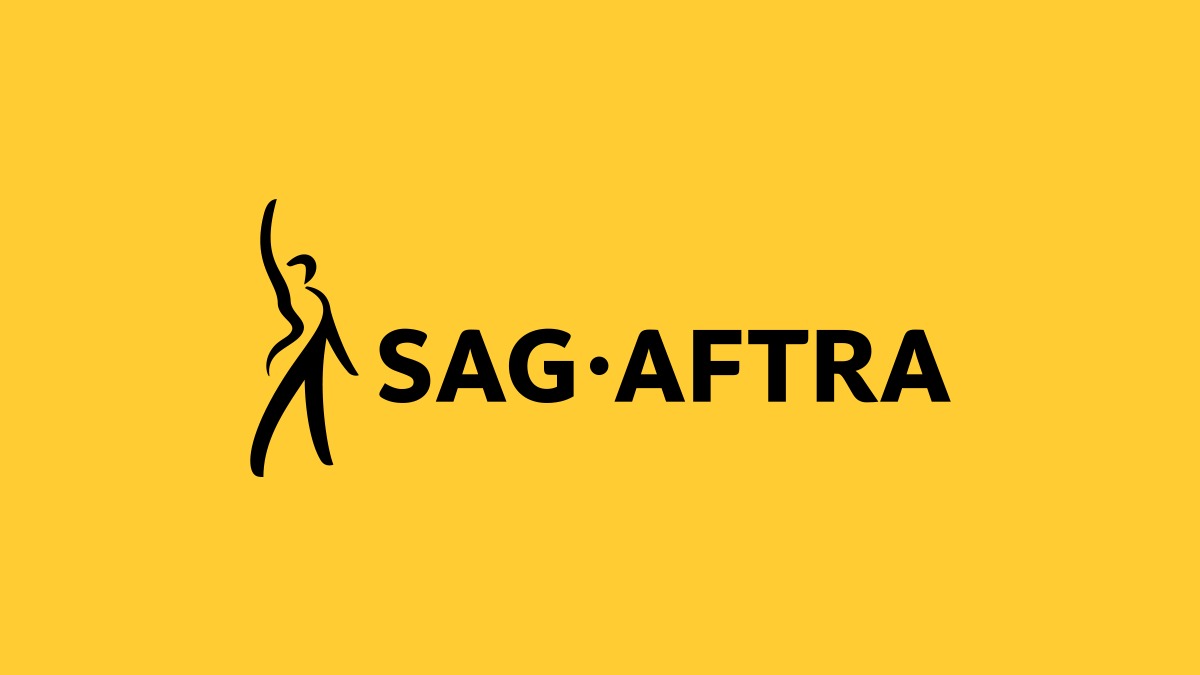
The ongoing strike by SAG-AFTRA (Screen Actors Guild – American Federation of Television and Radio Artists) against major video game studios continues to gain attention as negotiations remain deadlocked. Despite several negotiation attempts, no agreement has been reached regarding the union’s demands for improved working conditions, particularly focusing on the protection of voice and performance artists from the misuse of artificial intelligence (AI).
The union issued a statement after its most recent round of talks with prominent companies like Activision Productions, Disney Character Voices, Electronic Arts, Insomniac Games, and WB Games, indicating that the strike will persist until a deal that satisfies the union’s demands is met. The primary issue remains the potential abuse of AI technologies, where actors fear their voices and performances could be replicated without their consent or proper compensation, putting their livelihoods at risk.
This dispute has been simmering since July, when the strike began after more than a year of failed negotiations. SAG-AFTRA’s President, Fran Drescher, has been vocal in expressing frustration, insisting that the companies must take the actors’ concerns seriously and ensure they’re protected from AI exploitation.
The strike has had widespread ramifications for the gaming industry, with projects potentially being delayed or disrupted. Voice and performance actors play a crucial role in modern video games, where immersive storytelling and character portrayal have become key elements. As gaming technology evolves, AI poses a real threat to the traditional ways these performances are captured and utilized.
SAG-AFTRA remains firm in its stance: they will not settle for a contract that allows companies to exploit AI at the expense of their members. While the union remains open to future negotiations, they have clearly stated they will only return to the table once game studios offer terms that respect and safeguard their members’ rights.
This prolonged standoff is not only about the immediate concerns of job security and fair wages, but it also raises broader ethical questions about the future of creative work in the age of AI. Voice and performance actors are facing the challenge of preserving their roles in an industry increasingly reliant on automation and machine learning. Will AI eventually replace human talent, or can there be a balance where technology enhances rather than exploits artistic contributions?
The outcome of this strike could set a precedent not just for the video game industry, but for other sectors grappling with similar issues around AI and labor. The union’s fight serves as a reminder that as technology advances, it must be paired with safeguards that protect the people who contribute their skills and creativity to the industry.
While no new dates have been set for further negotiations, SAG-AFTRA remains hopeful that an agreement can be reached. Until then, the strike continues, with many watching closely to see how this conflict between human creativity and AI technology will unfold.
The debate around AI’s role in creative industries is likely to intensify as these technologies become more widespread. If companies can bypass the need for human input, using AI-generated content without adequate compensation to the original creators, it could have dire implications not only for voice and performance actors but also for writers, musicians, and other creatives.
At this point, the strike shows no signs of abating, and its impact on the gaming industry could deepen the longer it lasts. For the moment, the future of voice and performance artistry in video games remains uncertain as the battle for fair treatment and protection against AI exploitation continues.


